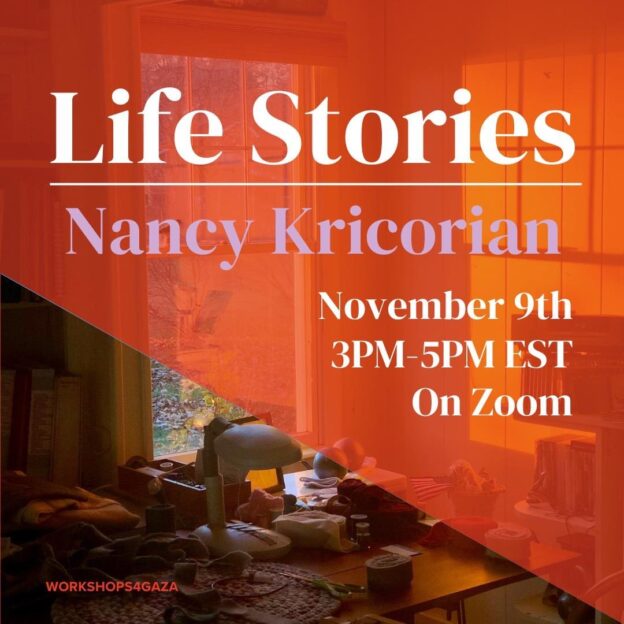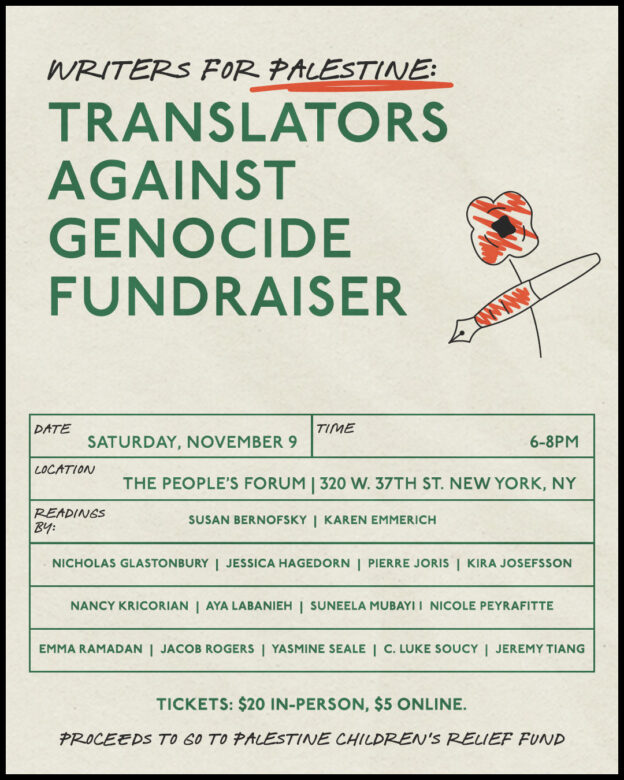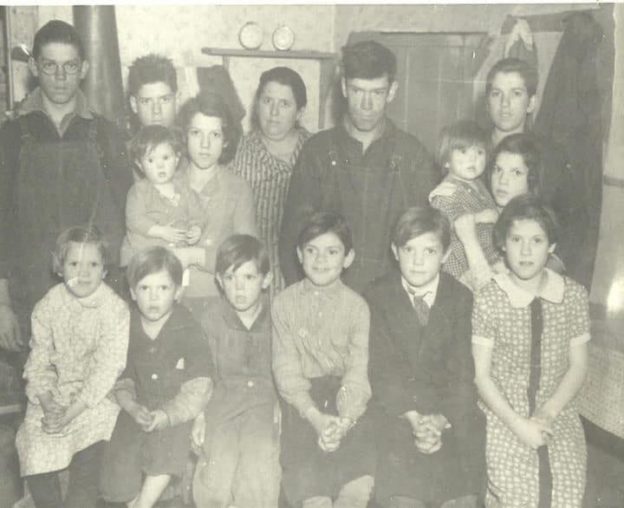Comfort and Light
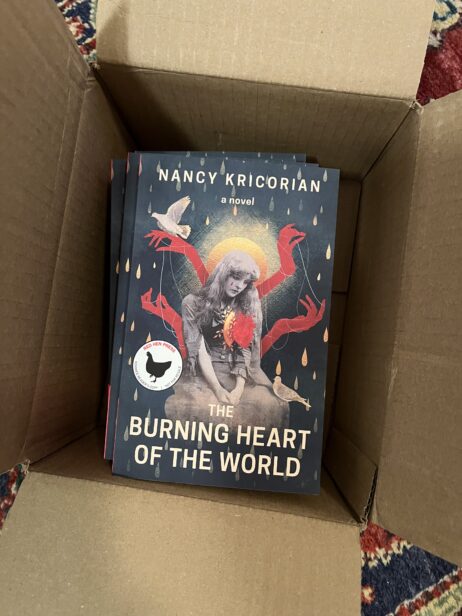
Last week’s excitement was the arrival of the advanced reading copies of my novel THE BURNING HEART OF THE WORLD from Red Hen Press. (You may preorder the novel from Bookshop by using this link that supports the International Armenian Literary Alliance.) I am in the process of correcting the page proofs, and I have been working with the publicist to set up book events for the spring. The full details are not yet available but below is an overview of the current lineup.
March 26-29 AWP Conference in Los Angeles, events at the Red Hen Press booth
Monday, March 31 at Diesel Books in Brentwood, in conversation with Talar Chahinian
Tuesday, April 1 panel at OxyArts with Mashinka Firunts Hakopian, Joanne Nucho, Ara Oshagan
Wednesday, April 2 at the Glendale Public Library in conversation with Shahe Mankerian
Thursday, April 3 at Red Hen Press in Pasadena with poets Lory Bedikian and Arthur Kayzakian
Monday, April 7 at Columbia University in conversation with Marianne Hirsch
Wednesday, April 9 at Greenlight Bookstore in Brooklyn in conversation with Raffi Khatchadourian
Tuesday, April 15 at NAASR in Belmont in conversation with Nanore Barsoumian
Thursday, April 17 at Porter Square Books in Cambridge in conversation with Lisa Gulesserian
Sunday, April 27 in the Detroit area for the local Armenian community
It’s December now and we have a winter to get through, but April and the book launch are on the horizon.
When I was growing up, each year in December, our small Armenian Evangelical Church would put on a Christmas pageant featuring a manger scene, complete with the requisite holy family, three kings, some shepherds, and an array of angels. We sang carols from a small white booklet with red-cheeked choir boys on the cover, and among my favorites were “We Three Kings of Orient Are,” probably because of the dirgeful key, and “God Rest Ye Merry Gentlemen.” Just now when I was thinking of the chorus of that second song, I misremembered it as “tidings of comfort and light,” when it is actually “comfort and joy.”
Joy seems a bit too ambitious for this holiday season as the horsemen of the apocalypse, many more than four of them, are galloping towards us. I’ve lately stopped asking people, “How are you?” which is too fraught a question in these troubled times, and instead have been saying, “It’s so good to see you.” And there is nothing better right now than gathering in the real world with friends, family, and comrades. We need each other now more than ever.
Wishing you comfort and light,
Nancy K
THIS MONTH’S RECOMMENDATIONS
READ
The latest issue of Wasafiri Magazine, entitled Armenia(n)s—Elevation is now available for purchase. My essay “His Driving Life,” about my late father and his relationship to motor vehicles, is available for free download to the first 50 readers. If you miss the chance for the free version, let me know and I will send you the PDF.
A powerful essay about life in Shujaiya in Northern Gaza entitled The Mirror by Nadera Mushtha, one of my We Are Not Numbers mentees. (Nadera’s GoFundMe is here.)
“The Bullet,” a poem by Sahar Rabah, translated from the Arabic by Ammiel Alcalay. Sahar was accepted into the MFA Program in Creative Writing at Rutgers/Newark, but she has had to defer her admission because she is unable to leave Gaza. The crossings are closed to all but a handful of severely injured people who have been allowed to evacuate for medical care abroad.
LISTEN
For the London Review of Books podcast, Adam Shatz interviewed Dr. Ghassan Abu Sittah, a pediatric plastic and reconstructive surgeon, and journalist Muhammad Shehada about Gaza’s past, present, and future.
The Intercept’s Briefing “Syria: What Comes Next?” is an excellent and informative interview with Syrian journalist Rami Jarrah.
WATCH
Indiewire’s 17 Best First Films of 2024 includes our progeny Noah’s Summer Solstice, which is described as a “sun-dappled and warmly directed buddy comedy.” If you haven’t yet seen it, the film is currently streaming on several platforms.
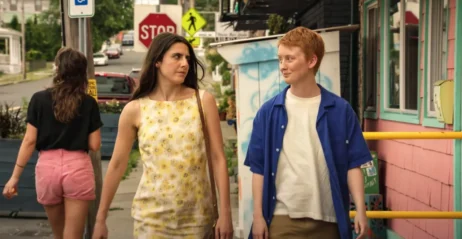
Nancy Kricorian
December 16, 2024
